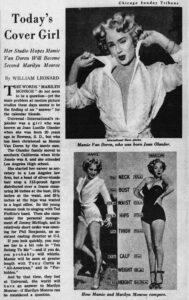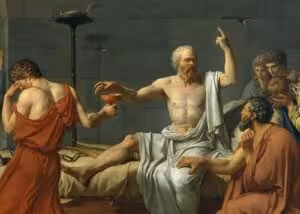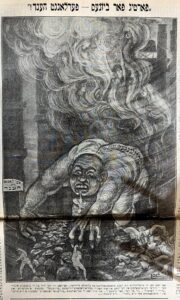The new brand was launched with the reassuring reminder that ‘You’re Never Alone with a Strand – the Cigarette of the Moment’, a series of ads showed a Frank Sinatra lookalike (from his Pal Joey period) in a trilby hat and trench coat, apparently satisfied that a good smoke was proper antidote to the night-time emptiness of the rain-slicked streets. They were beautiful photographs, taken by Bert Hardy, one of the stars of Picture Post and famous for the gritty realism of his photo-journalism. They exactly captured the fashionable mood of the era, as expressed in film noir and in the novels of Camus and Sartre. They implied that with a Strand cigarette to draw on, existential angst was bearable; and the suggestion was reinforced (in accompanying TV commercial) by the haunting, jazz-tinged ‘Lonely Man’ theme (written by the prodigious Cliff Adams) that reached the charts. Strand’s ‘man in a mackintosh’ became an immediate and enduring icon of cool, with a cultural significance ranking alongside The Third Man and Mickey Spillane heroes.
But the advertising image also touched a raw nerve in the public psyche. At the time, smoking was considered a social, and sociable, activity. Nobody wanted to be seen as a Billy No-Mates loser, ‘alone with a Strand’. Sales evaporated, and the cigarette brand was quietly withdrawn. It wasn’t just a commercial disaster, either. When the ad campaign for Strand hijacked existentialism, it turned a branch of authentic philosophy into a joke which offered alienation-merely as an urban lifestyle statement. The highly memorable imagery associated that choice forever with failure — and even now, though most people no longer know or care that it was cigarettes that failed to sell, the powerful existential imagery of the Strand ad campaign remains a staple target of comedy writing and performance.
When: 1959
Where: UK
Toll: Existentialism suffered. Coffeehouses lost their ‘edginess’ as centers of philosophical discussion, even though black polo-necks flourished for another five years as the uniform of jazz clubs and the modern art scene.
You should know: Existentialism was the mainspring of films made by Hitchcock, Orson Welles, Wajda, Polanski, Truffaut and Renoir. The Strand man’s success as an icon of alienation froze further discussion – except as a satirical butt for the likes of Monty Python’s Flying Circus and Douglas Adams (The Hitchhiker’s Guide to the Galaxy). The Strand disaster may have been worth it just for the quality of satire it provoked.























1 thought on “Strand Cigarettes – 1959”
Living and learning in that West-End location, with its milieu of radical art and politics, I will never forget the momentary (negating) impact of the first viewing of the ‘Strand’ advert! Colin Wilson’s “Outsider” in Charring Cross Road military surplus-store’s roll-neck sweater; Soho’s ‘Partisan’ café and “Flamingo Club” late-night Modern Jazz. There UK’s 1950’s loner’s were incubating a cultural revolution that, 1960’s, changed the world for ever.